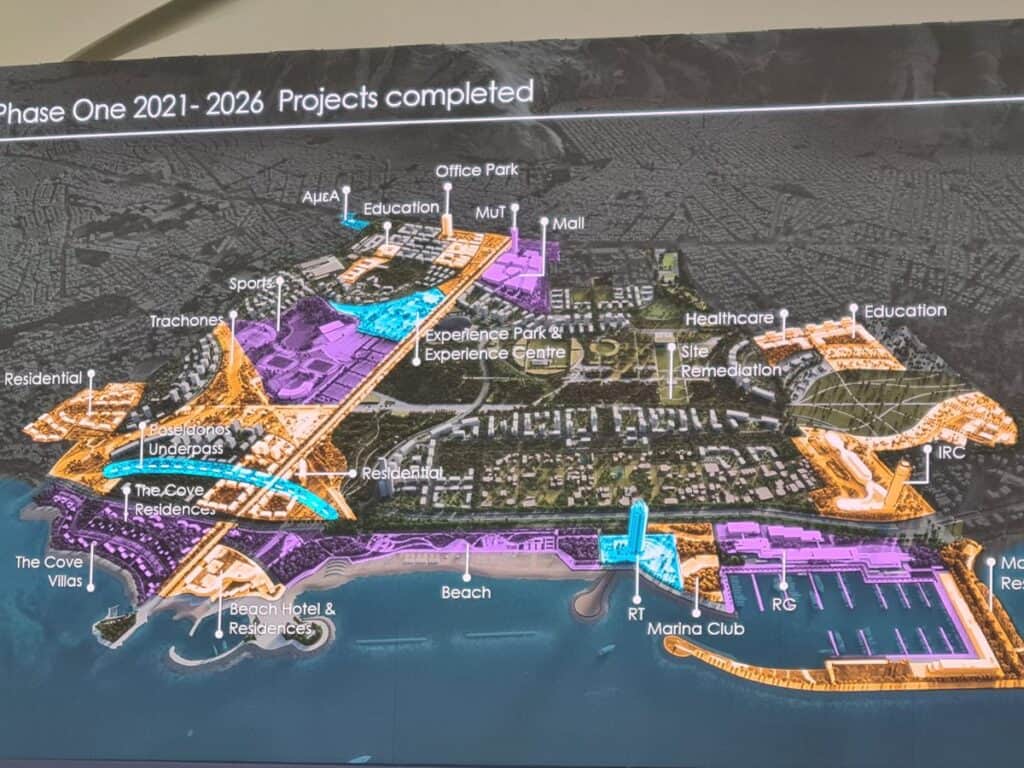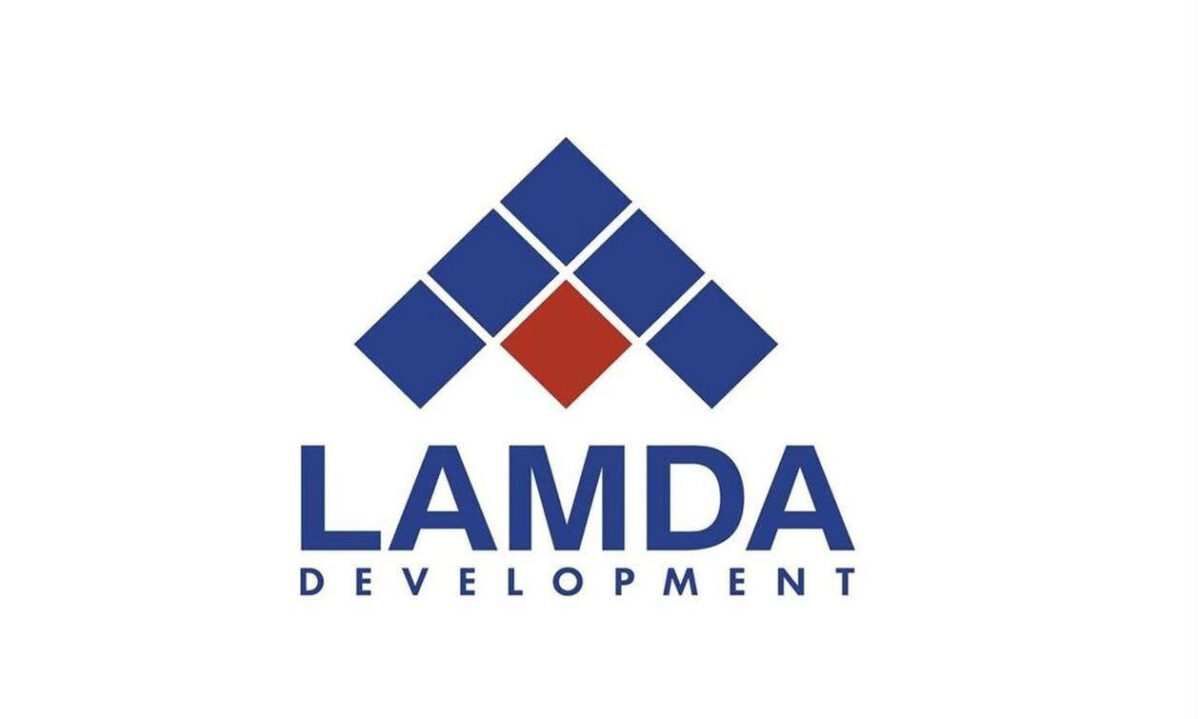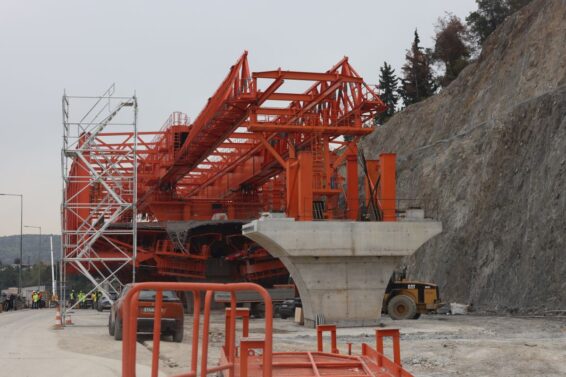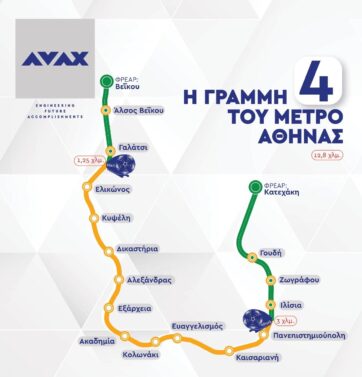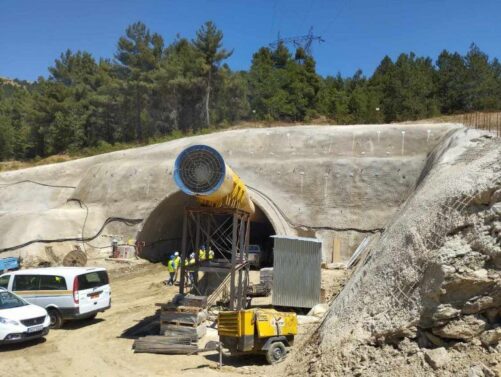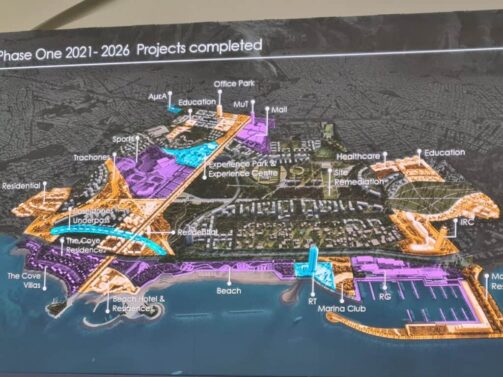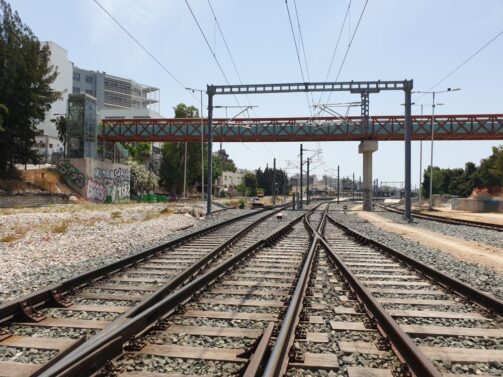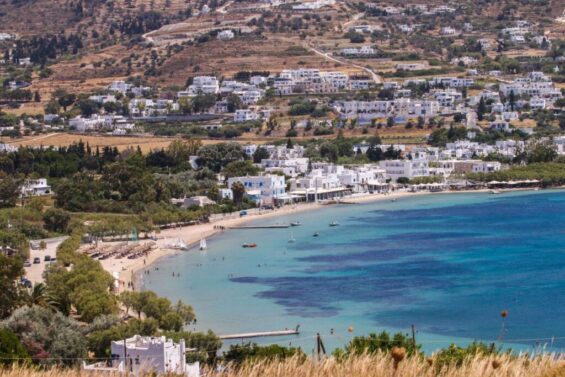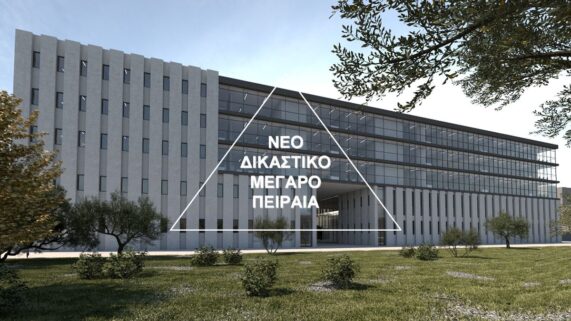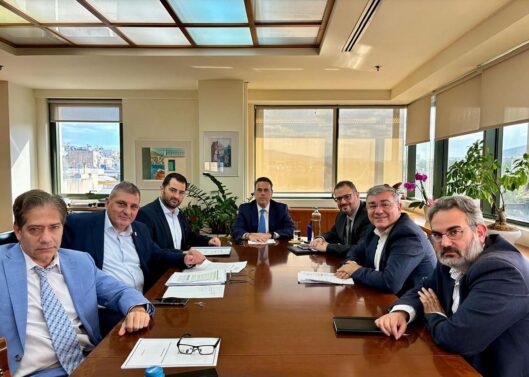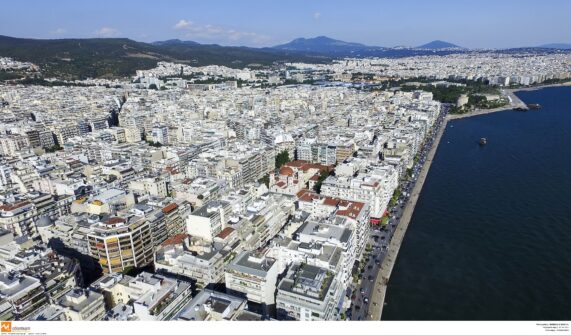The need to redefine the framework of co-financed programs (ΡΡΡ), given the ambitious fiscal targets that the country must achieve, is supported by statements made to the Athens-Macedonian News Agency (AMNA) by the Deputy Minister of Transport and Infrastructure, responsible for Infrastructure, Nikos Tachiaos.
As he mentioned, “As a society, we must understand at some point that PPP projects also involve some -calculated- burden on the user”.
The current planning foresees millions of euros from state funds to finance projects ranging from road axes, student dormitories, and cultural centres to police/court buildings and schools. It is worth noting that the existing program foresees the implementation of 40 PPP projects, where the entities involved – public and private companies, banking institutions, and European authorities – will mobilize capital of approximately 5 billion euros. By 2023, 8 PPP projects were contracted. Up to now, 22 PPP contracts have been signed with a total investment cost of around 2.5 billion euros. Additionally, 43 approved ΡΡΡ projects with an investment cost of 6.3 billion euros are in the competitive bidding process.
The model of PPP is finite.
The responsible Deputy Minister of Infrastructure acknowledged the contribution of PPP through availability payments in project management and maintenance but emphasized that “the PPP model is finite as it ultimately burdens public funds over time, a fact that should be taken into account alongside the fiscal constraints our country faces.
According to him, the contribution of ΡΡΡ to the construction of major projects is significant, as they achieve both construction and long-term maintenance over decades. However, they do not constitute an inexhaustible financial tool.
However, it has now become apparent that the user should pay for the use of the project rather than the Greek taxpayer through the Budget. After all, connecting infrastructure projects with bank loans involved in concessions results in their timely delivery without wasting time between the contracting authority and contractors in disputes regarding delays and compensations.
Furthermore, for the Flyover in Thessaloniki, which will contribute to resolving the city’s traffic issues, the total budget of approximately 462 million euros will be entirely covered by PPP.
It is reminded that the 7 PPP contracts signed within 2023 are as follows:
Three Contracts for Road Infrastructure:
- Upgrading of the Eastern Inner Ring Road of Thessaloniki.
- Northern Road Axis of Crete (Section Hersonissos-Neapolis).
- Road Axis of Southwest Peloponnese (Section Kalamata-Rizomylos-Pylos-Methon.
Three Contracts for Broadband Infrastructure
- High-speed Broadband Infrastructure in 32 Regional Units of the Country
One Contract for Railway Infrastructure:
- Operation and Maintenance of Thessaloniki Metro
One Contract for Port Infrastructure:
- Nafplio Marina
For 2024, the planning foresees the signing of contracts for the following projects:
Four Contracts for Broadband Infrastructure
- High-speed Broadband Infrastructure in 39 Regional Units of the Country
Two Contracts for Student Dormitories:
- Student Dormitories of the University of Crete
- Student Dormitories of the University of Thessaly
One Contract for Public Administration Infrastructure:
- Building for the General Secretariat of Infrastructure
One Contract for School Infrastructure:
- 17 school facilities in the Central Macedonia Region
One Contract for Street Lighting:
- Upgrading of Street Lighting on the National and Provincial Network of the Region of Epirus.
For more details and the complete article in Greek, click here
ΜΗΝ ΞΕΧΑΣΕΤΕ
- Ακολουθήστε το ypodomes.com στο Google News και μάθετε πρώτοι όλες τις ειδήσεις για τις υποδομές στην Ελλάδα
- Αν είστε επαγγελματίας του κλάδου, ακολουθήστε μας στο LinkedIn
- Εγγραφείτε στο Ypodomes Web TV


